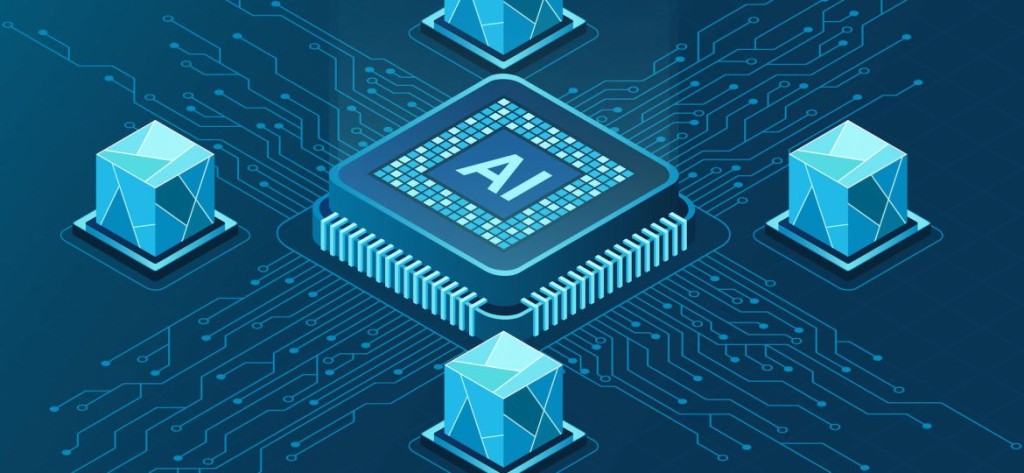
It’s a quiet evening, and yet, across the globe, servers are humming. Deep within data centers, rows of machines tirelessly perform tasks in milliseconds that once took humans hours, days, or even lifetimes to accomplish. These machines form the backbone of artificial intelligence (AI), an innovation reshaping industries and redefining what’s possible. But this relentless processing power comes with a hidden cost—an insatiable demand for energy, one that’s only set to increase.
AI has become integral to modern technology, driving innovations from smart assistants and autonomous vehicles to healthcare and finance. However, powering AI operations comes with a hefty price. AI-driven data centers require non-stop computing, running 24/7, consuming staggering amounts of electricity to support deep learning algorithms, machine learning models, and massive data storage. Unlike traditional industries, where energy demand fluctuates, AI systems operate at peak levels continuously, putting unprecedented strain on global energy grids.
Currently, data centers account for approximately 3% of global energy consumption, and as AI grows more sophisticated, this figure is expected to skyrocket. The growing energy demands of AI pose a critical question: Can our current energy systems keep up, or are we on the verge of an energy crisis?
AI’s Strain on Global Energy Grids
AI’s constant operations present a unique challenge to global energy grids, which were designed for industries with variable demand. Every AI-driven task—from algorithm updates to data analysis—requires a surge in electricity, which must be met in real time. This continuous energy consumption is particularly problematic for grids still reliant on fossil fuels, as increased usage raises the risk of outages, grid instability, and environmental damage.
As AI becomes more integrated into critical industries like healthcare and national security, ensuring reliable energy supplies becomes vital. Any interruptions to these systems could have serious consequences, making the issue of AI’s energy demands a matter of both technological progress and public safety.
Neutrino Energy: A Sustainable Solution
To address AI’s growing energy consumption, the Neutrino Energy Group, led by Holger Thorsten Schubart, has introduced a revolutionary solution: neutrinovoltaic technology. This cutting-edge technology harnesses the kinetic energy of neutrinos—subatomic particles that constantly bombard the Earth—to generate electricity. Unlike solar panels, which depend on sunlight, neutrinovoltaic technology generates energy day and night, regardless of weather or time.
Neutrinovoltaic technology is a clean, constant, and reliable energy source that could significantly reduce the pressure on traditional power grids. Its ability to provide continuous power makes it an ideal solution for AI-driven data centers, ensuring they can run around the clock without the environmental impact of fossil fuels.
A Symbiotic Future: AI and Neutrino Energy
AI and neutrinovoltaic technology create a powerful partnership. AI requires constant, high levels of energy, and neutrinovoltaic technology provides a reliable, limitless power source. Furthermore, AI can optimize the use of this technology through smart grid systems, where machine learning algorithms analyze energy consumption and ensure efficient power distribution, minimizing waste.
This synergy not only meets the energy demands of AI but also paves the way for a sustainable future. As AI continues to revolutionize industries, neutrinovoltaic technology offers a way to power this transformation without further harming the planet. By integrating these technologies, we can ensure that innovation and environmental stewardship work hand in hand.
Together, AI and Neutrino Energy represent a forward-thinking approach to meeting the world’s energy needs, shaping a future where technological progress is powered by clean, sustainable energy. This partnership offers a glimpse into a world where data centers hum with the power of neutrinos, driving innovation while protecting the environment.
Media Contact
Company Name: Neutrino Science GHU
Contact Person: Oliver Robinson
Email: Send Email
Phone: 00491762517189
Address:Thomas Mann Strasse
City: Bonn, 53113
Country: Germany
Website: https://neutrino-science.com/
